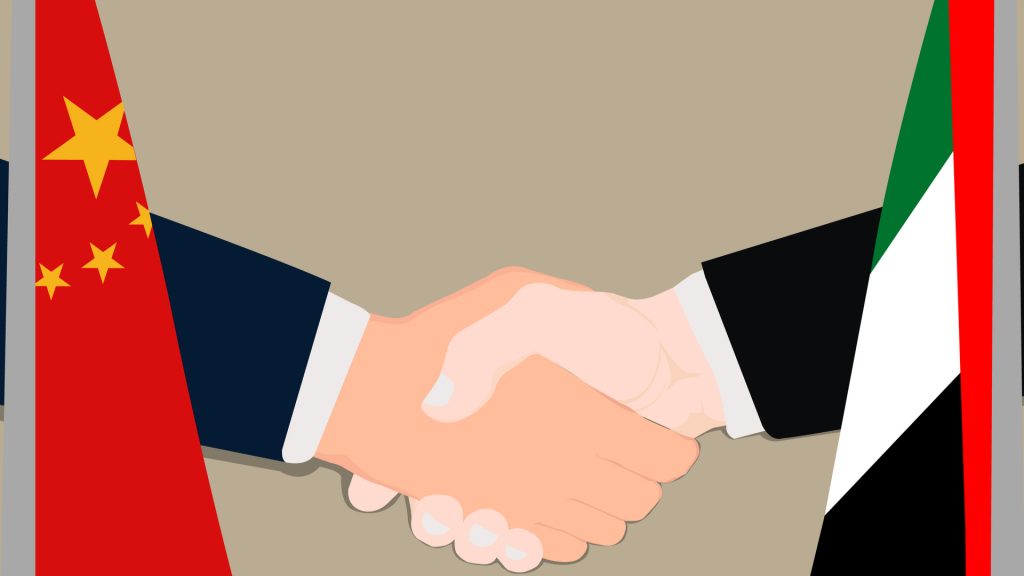The UAE is undisputedly the most important stop on China’s 21st Century Maritime Silk Road Initiative, thanks to its world-class infrastructure and the top rankings in the worlds quality indices.
According to a report by Wam, the Industrial and Commercial Bank of China, one of the largest financial establishments in the world with estimated assets of $2.3tn, has already set its eyes on expanding in the Middle East, and on contributing to the relations with the UAE, given the latters major role in international affairs and its fast-growing business sector, allowing for a significant increase in trade between the two countries and cooperation among their business and financial sectors.
Last year, Abu Dhabi Ports signed a 50-year Mustaha (usufruct) agreement with the Jiangsu Provincial Overseas Cooperation and Investment Company, JOCIC, in the free trade zone of Khalifa Industrial Zone of Abu Dhabi, KIZAD.
JOCIC signed lease contracts worth AED1.1bn in total with five Chinese firms, namely; Hanergy Thin Film Power Group, Jiangsu Fantai Mining Development Group Co Ltd, Xuzhou Jianghe Wood Co, Jiangsu Jinzi Environmental Technology Co and Guangzheng Group. The deal is expected to contribute in providing 1,400 job opportunities and in strengthening the regions bonds with the Silk Road initiative.
Since the visit made by HH Sheikh Mohamed bin Zayed Al Nahyan, Crown Prince of Abu Dhabi and Deputy Supreme Commander of the UAE Armed Forces, to China and the consequent signing of the strategic agreement between the two countries, UAEs trade with China witnessed a surge to $70mn annually. The UAE also plays a vital role as a distribution point for 60% of Chinese exports to the region.
In December 2015, Mubadala Development Company and China Development Bank Capital, CDBC, launched a global investment fund that will have the flexibility to look at a range of alternative investment strategies, asset classes and special opportunities, including greenfield investment projects, with the aim of building a balanced portfolio with a focus on sustainable returns and principal capital protection.
The 6th session of the UAE-China Joint Economic Committee last September in Beijing, saw the two sides reporting their achievements in the development of cooperative frameworks in several vital areas of common interest.
Highlighting the importance of this partnership and its potential for growth, it was announced that non-oil trade between the two countries reached $46.3bn in 2016, making China the UAEs second largest trading partner, while the UAE is one of China’s top trade allies in the region.
The two sides agreed to continue their joint efforts and take all the necessary measures to strengthen cooperation in the coming years by focusing on 13 vital sectors, namely; trade and economic ties, investment, industry, energy and renewable energy, small and medium-sized enterprises, SMEs, and innovative industries, health, education, tourism, infrastructure, financial services, standards and measures, space and aviation, and local cooperation.
Having confirmed its participation in Expo 2020 Dubai through a 4,636sqm pavilion that will be built at an estimated cost of AED367mn, China will utilise the internationally renowned event to showcase its latest technology as well as its One Belt, One Road initiative.

